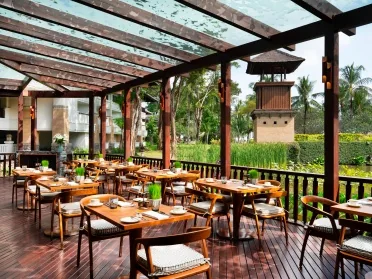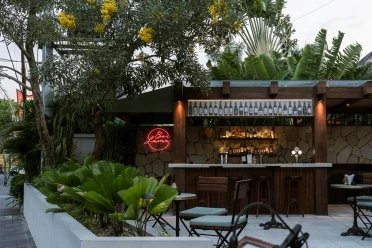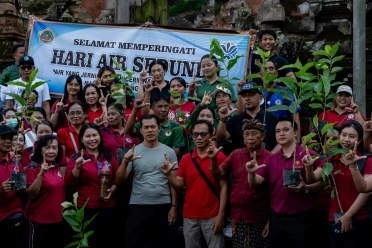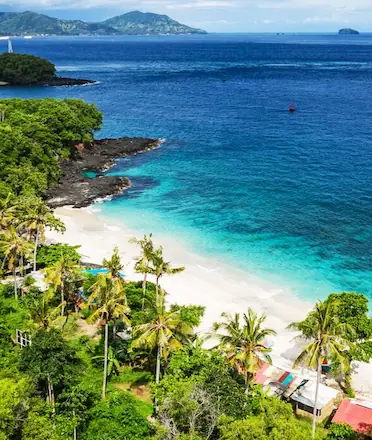Bali has reached a turning point in its long struggle with waste. The Suwung landfill in South Denpasar, once a towering mountain of garbage visible for kilometers, is finally being shut down after more than four decades of operation. The move signals the end of an era in which the island relied on open dumping to cope with its ever-growing waste crisis.
But as the bulldozers prepare for the final closure, the question lingers: can Bali successfully reinvent its waste management system and avoid another mountain of trash in the future?
End of an Era for Suwung Landfill
After more than forty years of operation, Bali’s largest landfill has officially entered its last phase of closure. The Suwung Regional Landfill, which served Denpasar, Badung, Gianyar, and Tabanan, stopped receiving organic waste on 1 August 2025. Only inorganic and residual waste are now permitted, with a complete shutdown scheduled for December.
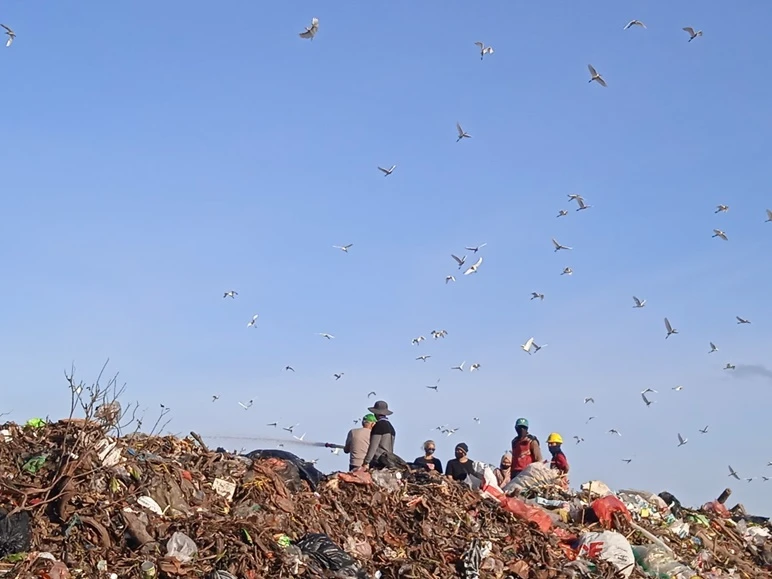
The 32.4-hectare site has long been a source of environmental concern. Rising up to 35 meters, the landfill frequently caught fire during the dry season, filled the air with foul odors, and leaked pollutants into surrounding areas. Its closure signals Bali’s commitment to move away from outdated open dumping, one of the most damaging waste practices still used in parts of Indonesia.
Why the Closure is Happening Now
This decision aligns with a nationwide policy to eliminate open dumping. The Ministry of Environment issued a ruling earlier this year that required all such sites to close within 180 days. Suwung’s closure had been promised several times in the past, including before the 2022 G20 Summit, but was repeatedly delayed due to Bali’s overwhelming waste load.
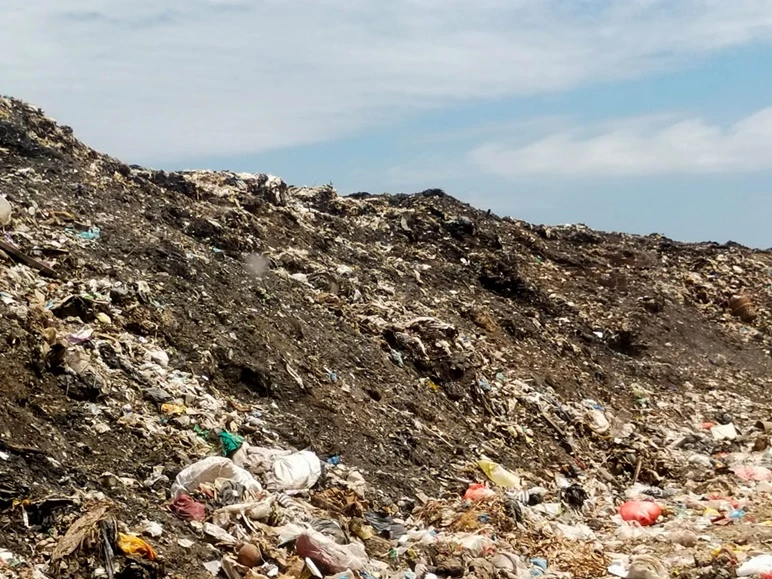
The provincial government has now formalized the shutdown with directives to Denpasar and Badung, urging compliance and careful transition. Monitoring posts and patrols have been set up to stop illegal dumping during this sensitive phase.
The Bigger Question: Where Will Waste Go
The most pressing challenge is what to do with organic waste, which makes up a significant portion of Bali’s daily trash. With Suwung no longer available, households, hotels, and restaurants are being encouraged to compost at the source. Community-based processing sites are being expanded, and compost bins are being distributed to residents who join collection services.
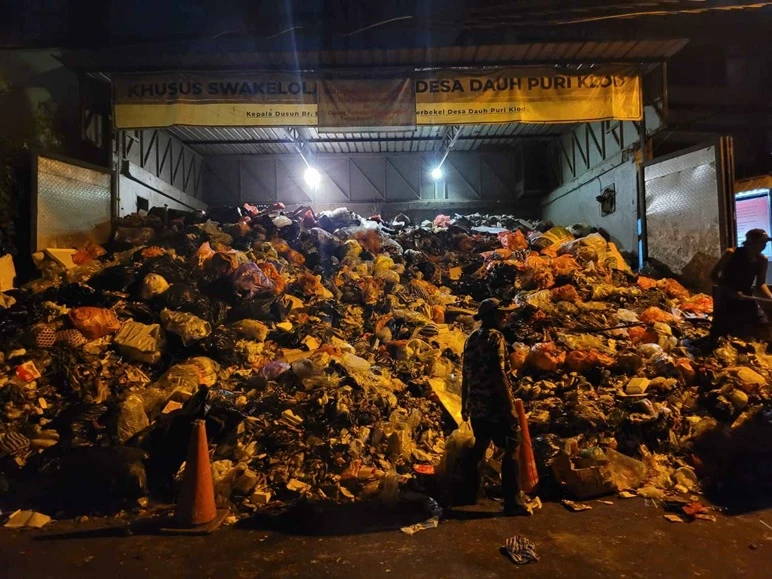
Authorities have also started shutting down temporary waste points across Denpasar, such as the notorious site near Level 21 Mall. That location regularly overflowed and even blocked traffic, with trash arriving from neighboring regencies as well as Denpasar. In its place, new systems are being tested: motorized carts now collect sorted trash from homes, while larger trucks remain stationed in undisclosed areas to reduce the risk of random dumping.
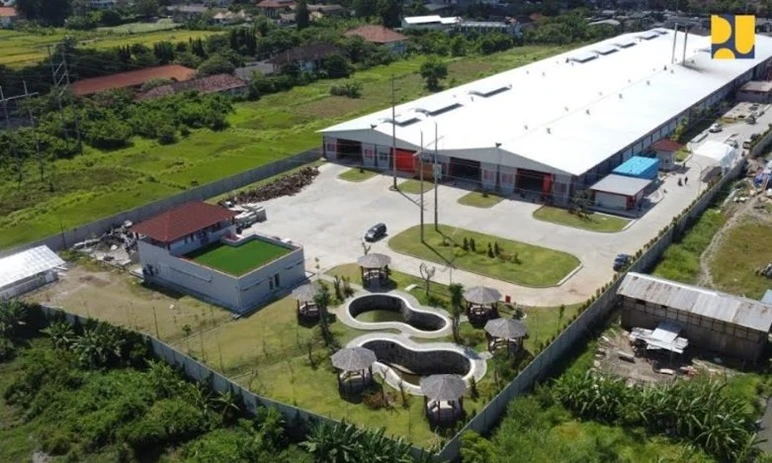
Looking ahead, Bali is preparing a layered solution. Small-scale recycling centers (TPS3R) will handle neighborhood-level waste, while larger integrated facilities (TPST) manage sorting in urban areas. By 2026, modern composting sites are expected to process nearly half the organic waste from Denpasar and Badung. By 2027, the island plans to introduce waste-to-energy incinerators in Denpasar and Badung, designed to burn residual waste while generating electricity.
What This Means for Residents and Visitors
For residents, new habits will be required. Sorting waste, composting, and relying on community collection will become the standard. For businesses, especially in tourism and hospitality, stricter enforcement of waste rules is inevitable. Visitors, too, will notice changes as single-use plastics are restricted and eco-friendly practices become the norm across resorts, restaurants, and cafes.
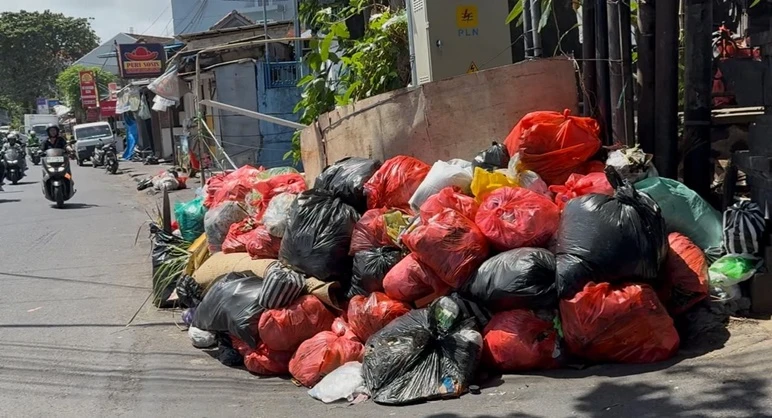
The end of Suwung marks more than the closure of a landfill. It signals Bali’s transition into a new era of waste management, one that prioritizes sustainability over short-term fixes. The towering heap of garbage that defined Suwung is finally coming down, but whether the island can avoid building another depends on how quickly it adapts to this new reality.



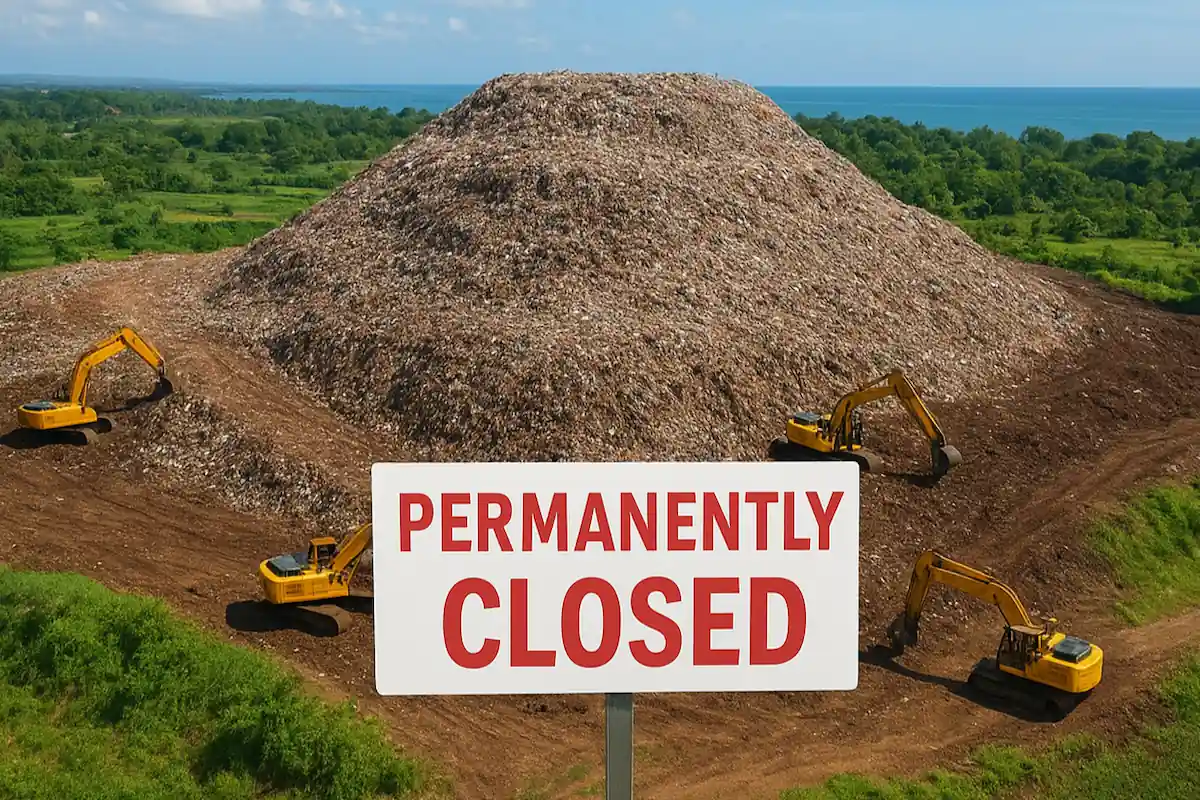
 Billy Bagus
Billy Bagus
 Aug 21, 2025
Aug 21, 2025


